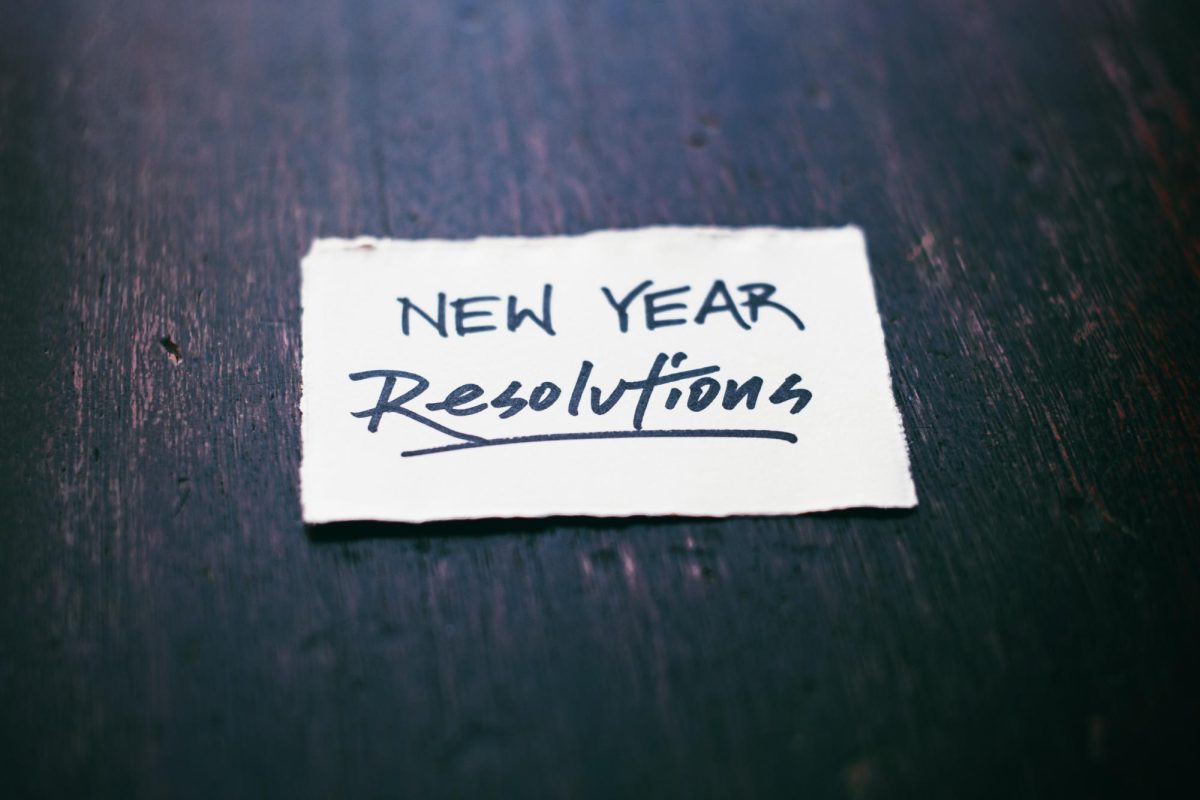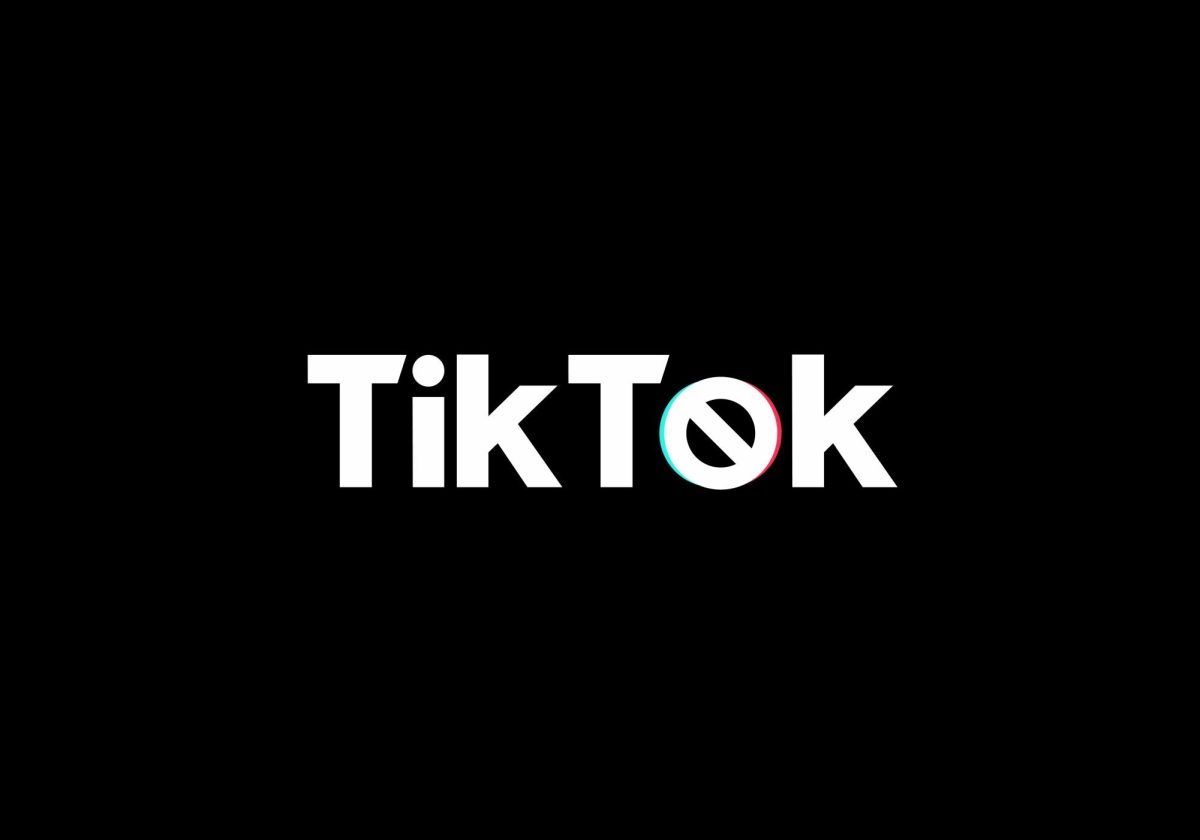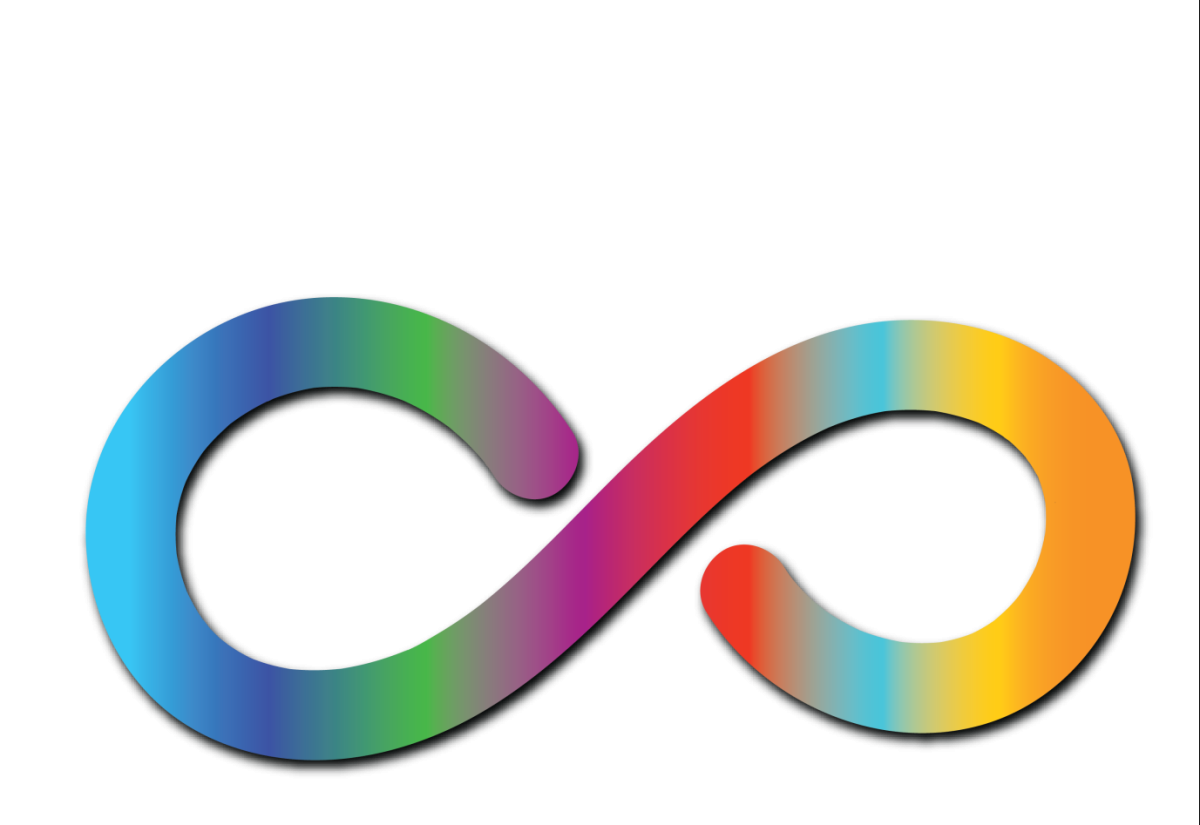At the end of every year, millions of people worldwide scramble to figure out what resolutions they plan on implementing for the next 365 days. Like clockwork, most of those are abandoned within the first 14 days. I’ve personally never had much luck fulfilling any of my resolutions. Like most, I’ve made countless vows to rely on my phone less, get fit, learn a new language, pick up a new hobby, etc. Despite this being a yearly occurrence, none of them ever really seem to stick. The abandonment of New Year’s resolutions is a fairly common thing; so much so that there is a growing sentiment against even setting them in the first place. However, despite my unfortunate history of not following through with my own goals, I still don’t believe that people should stop making New Year’s resolutions.
Last New Year’s Eve, I did not set any resolutions. My father had suffered from a cardiac arrest a few days prior to the holiday and I was already in my head about how I didn’t achieve anything I wanted to do in 2022. It felt like an unreasonable downer of a task that would naturally result in failure, so I opted out. If I’m honest, the first half of 2023 was a complete mess for me. I struggled significantly with academics and wasted a lot of time doing things that were not advancing my life or fulfilling me as a person. I was completely lost.
After finishing what would be an incredibly disappointing spring semester, I decided to take some time over the summer to get my act together. One of the things that helped me organize myself and get to a better place was making a vision board. I wrote out some affirmations, printed out photos of what I wanted to achieve and put them all on a corkboard in my room. I’ve done that every month since then and it’s been an incredible tool in fostering motivation to pursue my goals. It has helped me visualize what I hope to achieve within that month and where I see myself at the end of the year.
Because of this experience, I believe that New Year’s resolutions can be extremely beneficial in aiding motivation and goal setting; they just have to be done right. Oftentimes, people looking to set resolutions make the mistake of coming up with ones that are too vague, too specific, or just plain unrealistic. On top of this, they go into the experience with too high of a standard, leading them to give up the first or second time they try to keep up with the resolution. So, it’s no wonder that making resolutions feels like a recipe for disappointment. Most of them are destined to fail!
Before you give up on making New Year’s resolutions, I urge you to approach your list differently this year. One way to form a more effective resolution is to base the goal around a consistent habit, as opposed to the end product. Instead of having your resolution be ‘lose weight’, try a more habit-based approach like going to the gym a set number of times a week or adopting a new diet. By having the implementation of the action take precedence over the result, there is less pressure on meeting a specific standard. It also helps you visualize what it takes to get where you want to be. If your goal is something like reducing screen time, come up with habits that can reduce mindless technological consumption by replacing it with something else. Instead of being on your phone before bed, try reading a set number of pages in a book. If that’s not your style, picking up a physical hobby that makes it difficult to be on your phone could also be an option (you’d also be killing two birds with one stone if you have an exercise-based resolution too). In doing this, you’re not feeling punished by the task. Instead of taking something away, in this case, it would be screen time, you would be gaining something from the new habit while also achieving your goal.
Perhaps the most important thing to keep in mind, however, is remembering that you will not be successful every time you work toward your resolution. It’s easy to fall into the trap of feeling like you need to be 100% locked into whatever goal you’re pursuing, but having this mentality will only lower your chances of making tangible progress. So, when you make your list of New Year’s Resolutions this month, make sure to keep an open mind, be kind to yourself and focus on fostering healthy lifestyle habits instead of burdening yourself with unrealistic expectations. At the end of the day, progress is not linear. By having New Year’s resolutions to fall back on, it is easier to remember where you want to be next year, what motivated you to change your ways in the first place, and how to get back to improving your lifestyle.








































